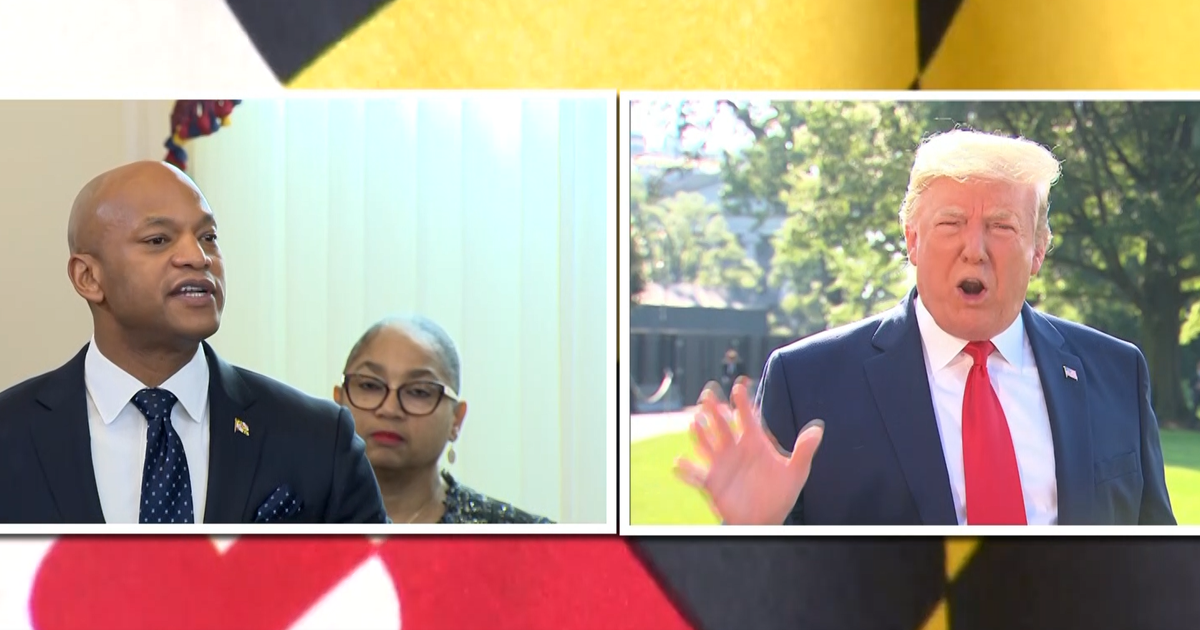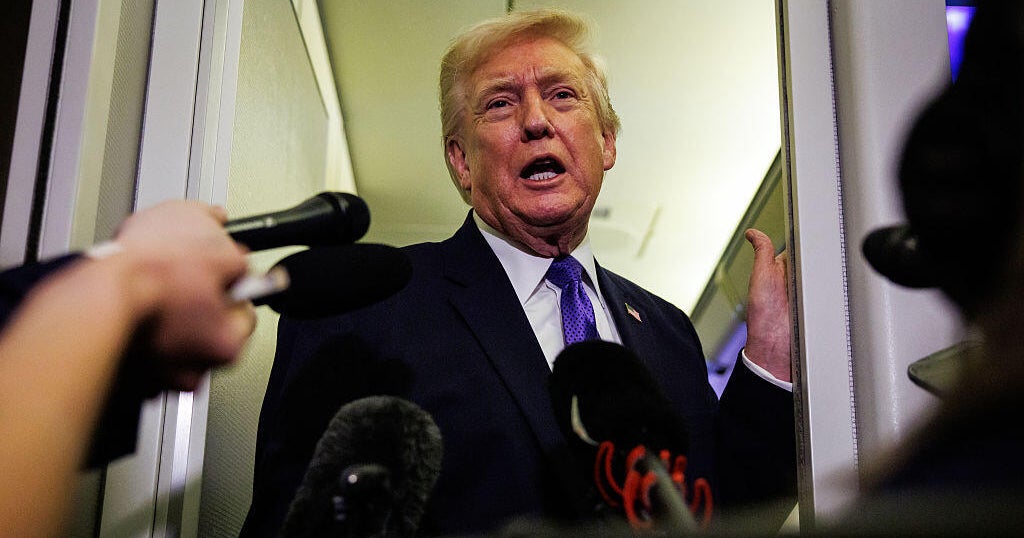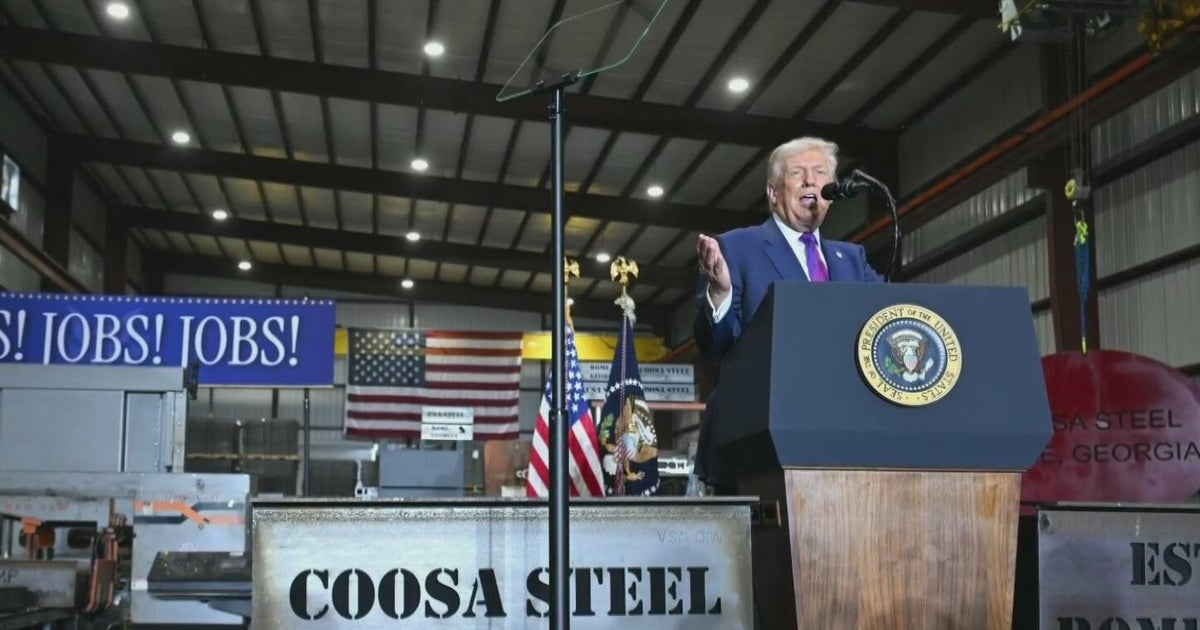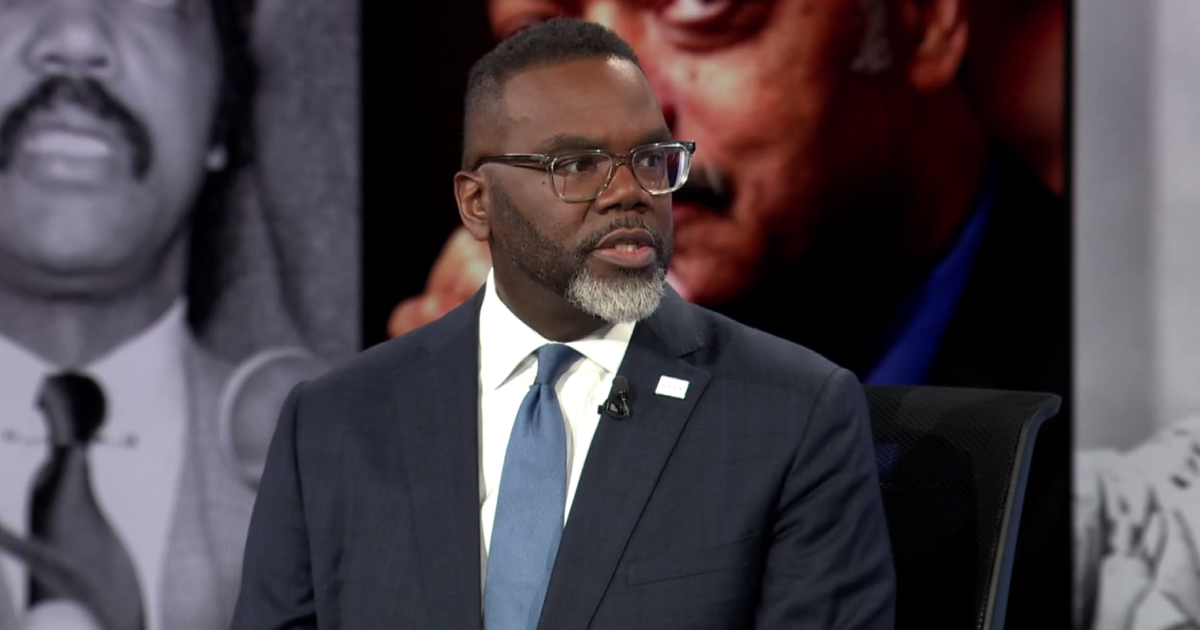Keller @ Large: Boris Johnson, Trump Share Same Problem
BOSTON (CBS) - It's been a bumpy debut for new British Prime Minister Boris Johnson, who's been called "Britain's Trump" for his anti-immigration and anti-globalist rhetoric. Within the past few days he has suffered defections from his party and lost key votes on his signature issue, Brexit.
It brings back memories of the passage of Brexit in June, 2016, when then-candidate Trump said "I really do see a parallel between what's happening in the US and what's happening here. People want to see borders."
He had a point. The Brexit vote was a leading indicator of a global populist backlash.
But the ascendance of both Brexit and Trump have been followed by years of harsh political conflict and a backlash against the backlash.
Just as President Trump lost his first major legislative test, Obamacare repeal, Brexit champion Johnson has also faltered in his first parliamentary showdown. Like Mr. Trump, he remains adamant about his position.
"I want everybody to know there are no circumstances in which I will ask Brussels to delay," he says. "We are leaving on the 31st of October, no ifs or buts."
But the protesters massing in London suggest a different potential outcome, in which public outrage over Johnson's hardball politics might even lead to Brexit being scrapped. After all, the immigration backlash that boosted Trump in 2016 was a no-show in last year's midterm elections, when his caravan scare tactics backfired among key voter groups.
And while both Trump's and Brexit's support caught the opposition by surprise three years ago, the polls in both countries now suggest the times are changing again.
"It was three years ago, and it's our generation that would be impacted more, and I feel like it's the younger people who are the ones who want to remain," one young British woman told CNN. "Perhaps," added another, "people are now more knowledgeable about what would happen if Brexit actually did happen."
Johnson may face another election sooner than President Trump will, but they both share the same political problem. It's a lot easier to run against a disliked status quo than it is to change things from within.
And once an outsider replaces unpopular insiders, it often doesn't take long before they become the unpopular insiders.








